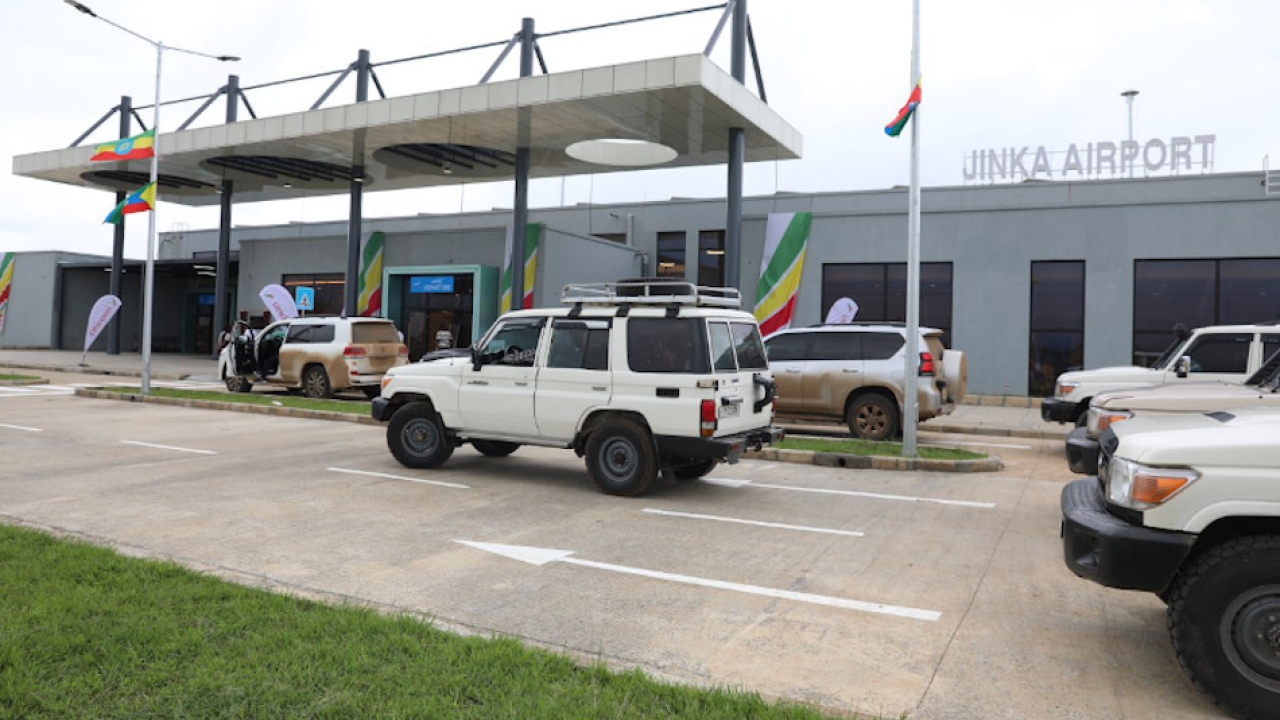Safety must come first
Oscar Nkala looks at some of the latest developments in airport security across Africa, which have taken on increased significance following the November 13 attacks in Paris.

The International Air Transport Association (IATA) says Africa should invest more in aviation safety and security amid revelations that only 17 out of 54 countries on the continent can claim to be compliant with 60% or more of the International Civil Aviation Organization (ICAO) airline safety and security regulations.
Addressing delegates at the 47th African Airlines Association (AFRAA) annual general assembly (AGA) in the Republic of the Congo capital, Brazzaville, in November, IATA director general and CEO, Tony Tyler, said recent airline tragedies require Africa to do more to create safe, efficient and economical air transportation networks.
“World-class safety and security is a prerequisite for a thriving aviation industry,” he said.
“Africa needs safe, efficient and affordable air transport links to make the most of its people and resources.
“We have recently had two sad reminders that there is still work to be done in this region to reach the averages [attained] elsewhere in the world.
“I am not going to speculate on the causes of the tragedies of [Russian] Flight KGL 9268 or the Allied Services cargo flight from Juba, but we are following the developments closely,” Tyler said at the time.
Preliminary investigations into the Allied Services Antonov-12 aircraft crash, which killed 41 people in South Sudanese capital, Juba, a week after the Russian aircraft crashed, have raised questions about the airworthiness of the 52-year-old aircraft.
According to Tyler, Africa should never understate the importance of airline safety and security, despite some notable safety achievements made in recent years: in 2014, in terms of jet hull losses, the African rate was zero. “But we cannot relax as the all-accident rate for the region last year [2014] was 11.18 for every one million flights, which is far higher than the global average of 1.92.”
He suggested that Africa should allocate more resources and grant operational independence to national civil aviation authorities, while considering the use of regional pooling initiatives to promote aviation safety and security.
Further, he said only 29 African airlines had registered themselves with the IATA’s operational safety audit (IOSA) system, which conducts regular, rigorous checks to determine aircraft safety and flight fitness.
Airlines that are not eligible for IOSA can still be assessed using the IATA standard safety assessment (ISSA), which gives small carriers an opportunity to benchmark their safety performance.
Tyler added: “The cost of doing business here [in Africa] is too high. Fuel, which accounts for approximately 30% of airline operating costs, is 20% more expensive than elsewhere in the world. African states tax fuel sales and restrict competition in the market, including here in Brazzaville.
“In fact, governments across Africa levy some 15% of all the aviation taxes worldwide.
“In addition to jet fuel taxes, there are passenger taxes, solidarity taxes, tourism taxes, fiscal stamp taxes, value-added taxes, sales taxes and transportation taxes.
“It all adds up to a costly burden on airlines in this region. And that is before we get to the issue of African airport charges, which are among the highest in the world.”
According to IATA, 6.9 million people are employed in the African aviation industry, which was generating more that $80 billion in gross domestic product (GDP) by the end of 2015.
Stay up to date
Subscribe to the free Times Aerospace newsletter and receive the latest content every week. We'll never share your email address.

